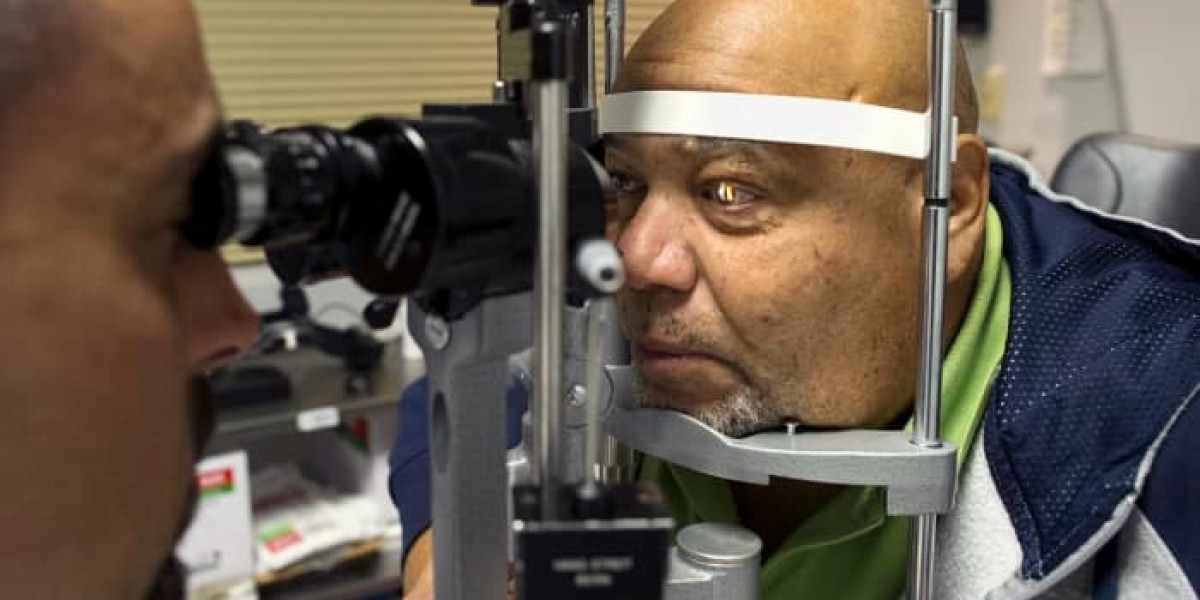When it comes to eye care, many people often confuse the terms ophthalmic and ophthalmology. Both are related to eye health, but they serve different purposes and are used in different contexts. Let’s delve into the meanings of these terms, their differences, and what they mean for you.
Understanding Ophthalmology
Ophthalmology is the branch of medicine that deals with the anatomy, physiology, and diseases of the eye. It involves the diagnosis and treatment of various eye conditions. An ophthalmologist is a medical doctor who specializes in eye care and surgery. They are trained to perform complex surgical procedures, such as cataract removal, and to manage diseases like glaucoma and macular degeneration. For more information on ophthalmology, you can visit American Academy of Ophthalmology.
What is Ophthalmic?
On the other hand, ophthalmic refers to anything related to the eye. This can include various products, treatments, and procedures that focus on eye health but do not necessarily involve surgery. For example, ophthalmic drugs, such as eye drops, are used to treat conditions like dry eyes or allergies. You can learn more about ophthalmic products at FDA Ophthalmic Products.

Key Differences
Specialization: The primary difference lies in specialization. Ophthalmology is a medical specialty, while ophthalmic can describe a broader range of products and services related to eye health. If you have an eye problem, you would typically see an ophthalmologist.
Training and Education: An ophthalmologist undergoes extensive training in medical school, followed by a residency in eye care. In contrast, ophthalmic professionals may include optometrists, who provide primary vision care but are not medical doctors. For more on optometrists, you can check out American Optometric Association.
Scope of Practice: Ophthalmologists can perform surgeries and treat complex eye diseases. In contrast, ophthalmic practitioners focus on vision correction, prescribing glasses, and basic eye exams. Understanding these roles can help you choose the right professional for your needs.
Importance of Eye Health
Maintaining eye health is crucial. Regular eye exams can catch issues early, preventing further complications. Whether you visit an ophthalmologist or an ophthalmic professional, getting regular check-ups is essential. To find out more about the importance of eye exams, visit Prevent Blindness.

Common Eye Conditions
Several common eye conditions require the expertise of ophthalmologists. These include:
- Cataracts: Clouding of the lens, often treated with surgery.
- Glaucoma: Increased pressure in the eye, leading to vision loss.
- Macular Degeneration: Affects central vision, primarily in older adults.
Each of these conditions requires a different approach, emphasizing the need for specialized knowledge in ophthalmology. For additional details on eye conditions, you can refer to National Eye Institute.
Conclusion
In summary, while ophthalmic and ophthalmology are related, they serve distinct purposes in eye care. Understanding these terms can help you navigate the world of eye health more effectively. Whether you require surgery or general care, knowing whom to consult is essential for maintaining good vision.




